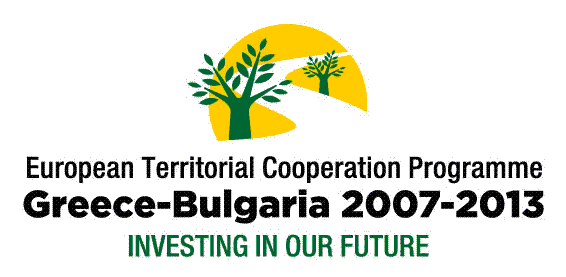 
SUMMARY

ICoSCIS Summary
Simulations in science are nowadays considered an integral part of research methodology. Natural Sciences have long used them to replace costly experiments and repetitive problems. Today, even fields such as Economics and Social Sciences rely on computers to study problems with huge datasets. Foreseeing the increase of computing needs, EU has implemented actions resulting in the creation of the European Grid Initiative (EGI). Unfortunately, several less developed regions like Southern Bulgaria were left out of the effort to both build a Grid Computing cluster and receive the know-how on its use. To correct this mishap we will build a network of four partners, the Department of Physics of the Aristotle University of Thessaloniki (AUTh), the Faculty of Mathematics and Natural Sciences of the South-West University (SWU), the Department of Economics of the University of Macedonia (UoM) and the Department of Computer Science of the American University of Blagoevgrad (AUBG). Our primary goal will be to introduce a core group of Bulgarian scientists to advanced computational methods. Our project will also focus on the transfer of knowledge on complex science methods (AUTh) and their application in other sciences, such as Economics (UoM). Experience and know-how on scientific computing and parallel algorithms will be passed on through a series of educational, scientific exchange, activities. To adapt such techniques on problems relative to the interests of SWU and AUBG we will form a joint bilateral supervising committee (JBSC). Additionally, to achieve our goal, we will create two Grid computing clusters based on AUTh and SWU, tailored to each partners needs. We will take steps towards the integration of this facility in EGI. JBSC, will form teams of SWU and AUBG scientists that represent in the best possible way both their departments and research interests. We will emphasize on the ability of trainees to act as student educators themselves.

|

